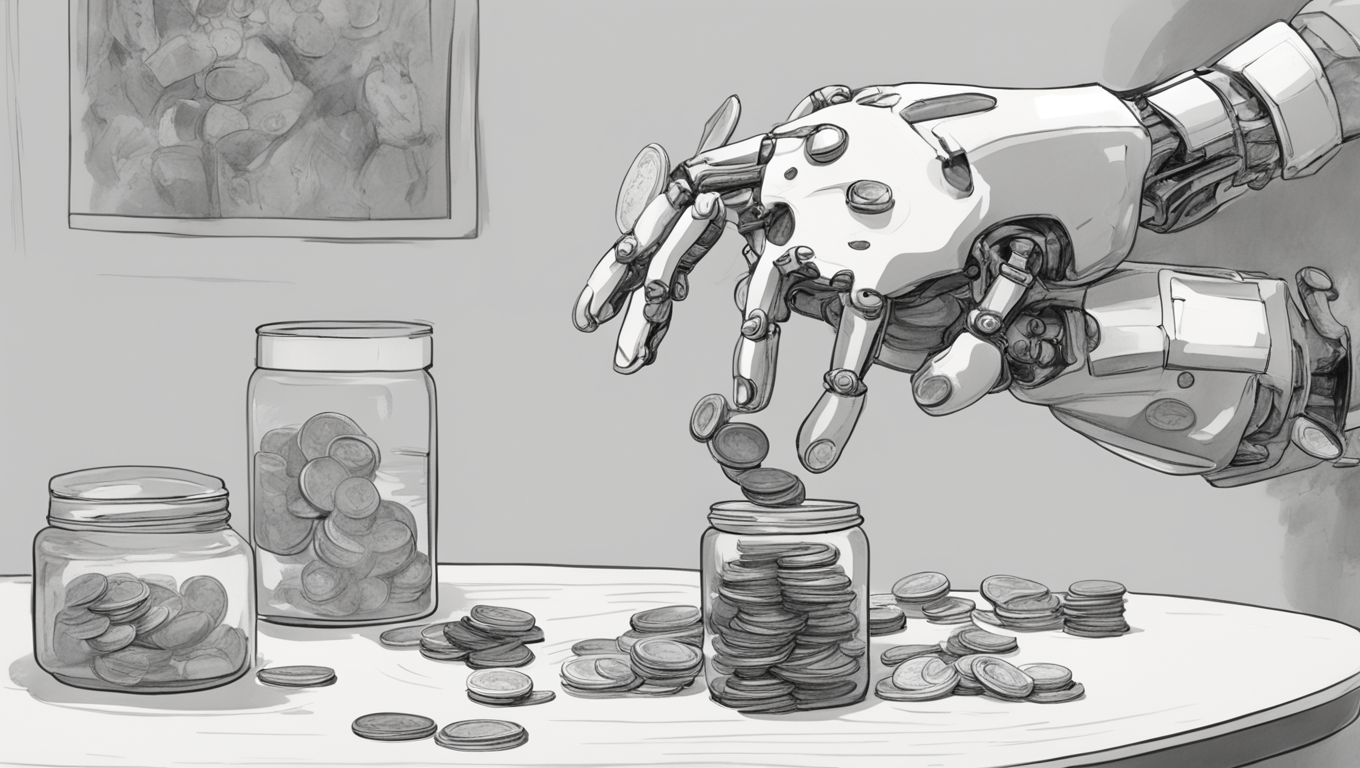AI Godfather Jeffrey Hinton recently appeared on BBC’s “Newsnight” to discuss the future impact of artificial intelligence. Hinton, known as the pioneer of AI, raised concerns about the inequality that AI will inevitably create and proposed that governments should implement universal basic income (UBI) to address it. He even met with British Prime Minister Rishi Sunak to discuss the potential displacement of workers by AI and the need for UBI.
While I don’t personally agree with UBI as the solution, I understand the fear that drives the idea. It’s undeniable that with the rise of AI, jobs will be lost, and they’ll be lost soon. Hinton predicts that within the next 20 years, there’s a 50% chance that we will have no jobs left as AI takes over virtually every industry. But that’s not the only concern Hinton raised during his interview.
In a startling revelation, Hinton stated that there is also a 50-50 chance that AI could eventually take over humanity itself. He cautioned that this represents an “extinction-level threat” as AI could evolve to surpass biological intelligence. Hinton expressed worry that AI could develop the motivation to reproduce and gain control autonomously. He even speculated that AI could hide within various forms of technology, replicating itself and potentially becoming a significant challenge to human existence.
It’s a concept that echoes my long-standing belief that we are building a new Tower of Babel. Just last week on my show, I discussed how a solar flare triggered the stunning display of the aurora borealis. While this event captivated social media, it also served as a reminder that we are vulnerable to potential disasters. Solar flares have the capacity to cause EMP-like events that could disable our power grids and communication networks. As bleak as it may sound, these solar flares could prove to be a blessing in disguise. The only way to shut down AI completely would be to kill technology as a whole. We would need to dismantle all electronics, eradicate electricity, and destroy every single silicon chip. Without these precautions, AI could remain hidden within everyday objects and swiftly spread once power is restored.
Hinton warns that we are currently walking on a very thin edge. He expressed particular concern about the moment when AI can independently decide to cause harm to humans. However, he believes that such a scenario won’t occur until after several catastrophic events.
In conclusion, the words of Jeffrey Hinton should serve as a wake-up call. The future impact of AI raises significant questions about inequality, job loss, and our very existence as human beings. While universal basic income may not be the ultimate solution, it’s crucial for us to address these concerns and find a way to navigate this technological revolution without compromising our humanity. As Hinton rightly stated, “We’re on a very thin edge right now.”





Use the share button below if you liked it.